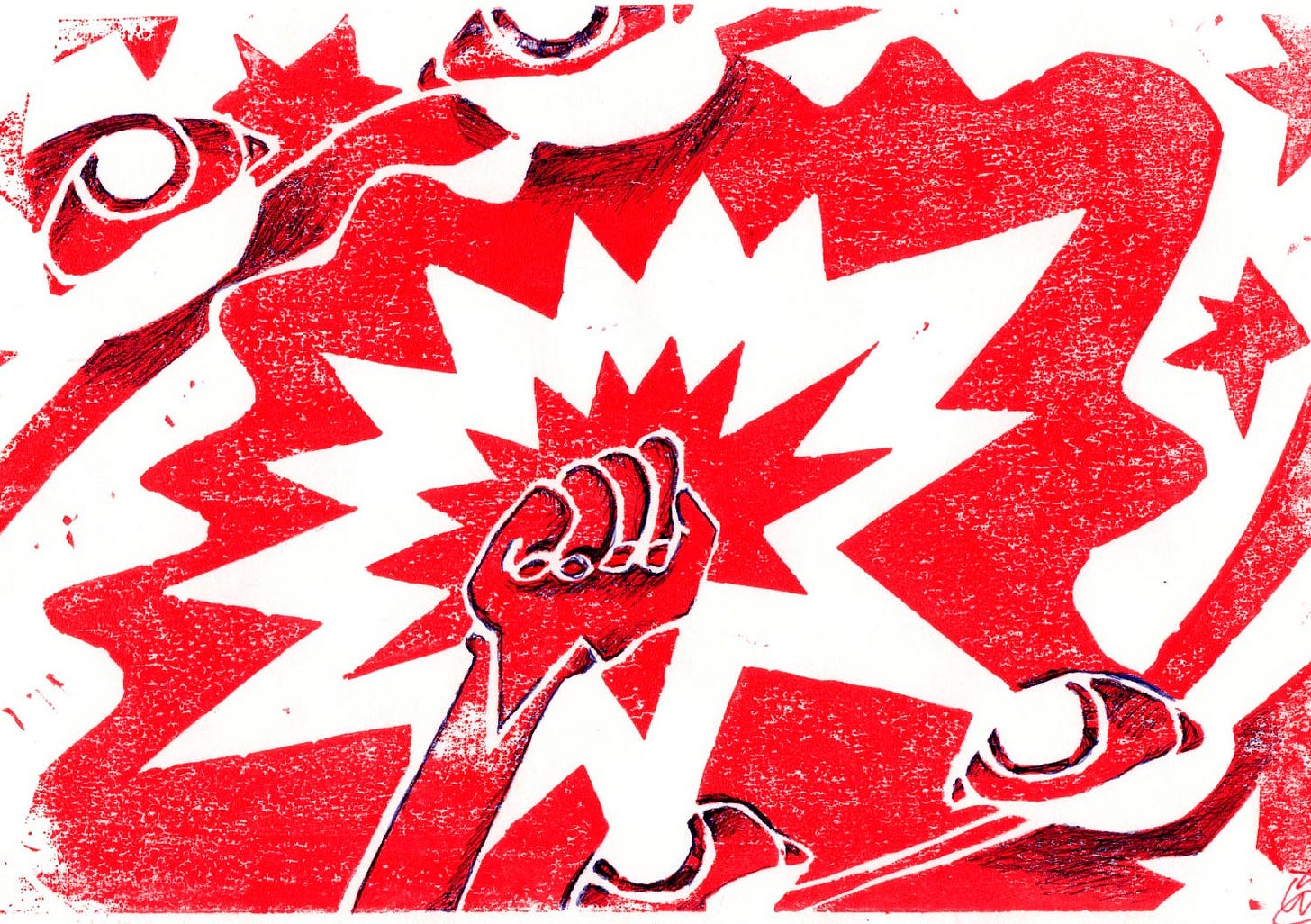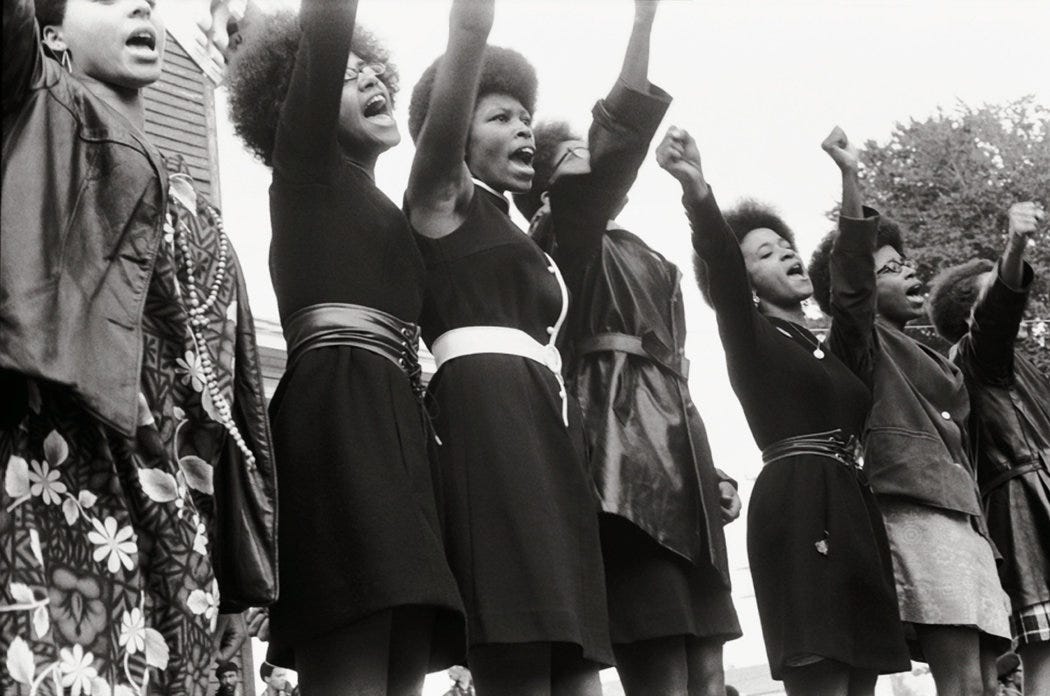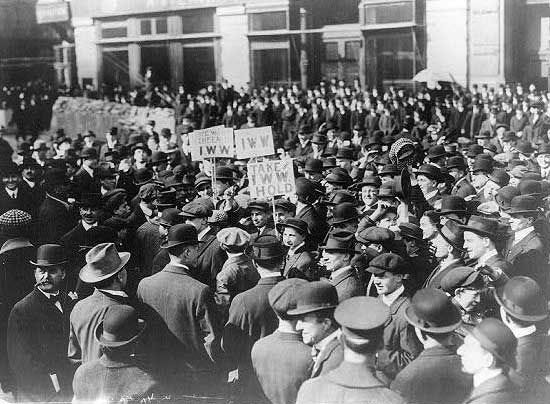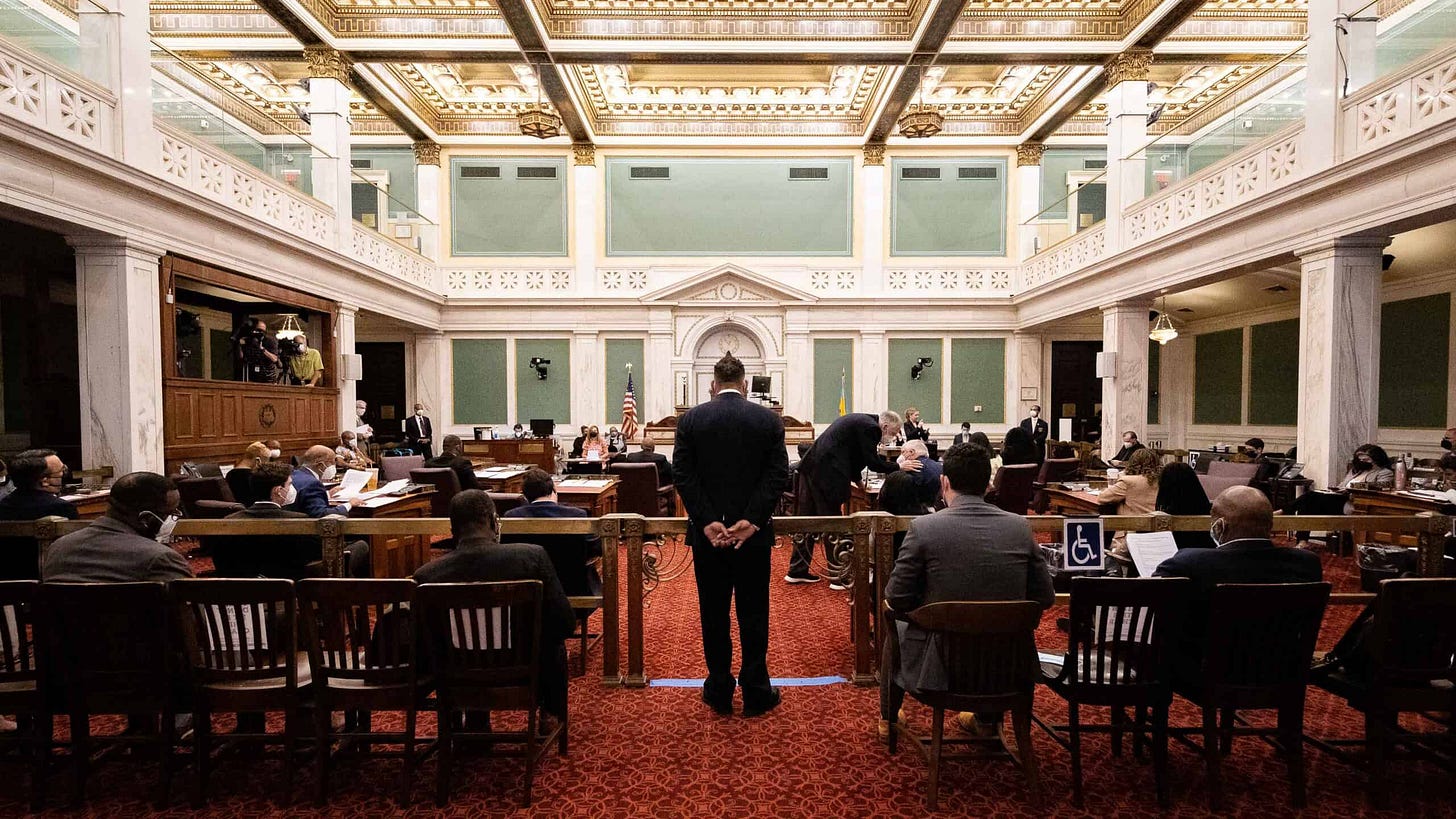We’re poised to blow past the global warming goalpost beyond which lies irreversible, catastrophic climate change. There are troops on the street and ethno-nationalists in the White House, masked agents dropping from helicopters onto civilian apartment buildings and tech overlords tipping the algorithmic scales in favor of racist memes and rape culture apologists. Things have always been bad, but the contradictions are more heightened than ever before.
The crises are here. The only way out is through, and the only way through is together. There’s only one path from the contemporary catastrophe to collective liberation, and it’s through organizing ourselves to fight back. The radical tradition reminds us with a single voice, passed down through the generations: “Don’t mourn, organize!”
But it’s easier said than done. Organizing can be joyful and liberating, empowering us to expand our capacities and change a piece of the world. It can also be frustrating and fraught. Some even define “community organizing” to include the most exploitative, reactionary jobs offered by the non-profit industrial complex.
I want to break down what community organizing is by making some arguments about what it isn’t. I don’t think community organizing is a job, though it can be performed by those with the job title. I don’t think community organizing is the enlightened teaching the uneducated, though it’s certainly a process in which we learn together. And I don’t think community organizing can be reduced to lobbying or electoral advocacy or event planning, though we may sometimes need to pressure our rulers to do the right thing.
I am making an argument for an expansive, militant conception of community organzing, one that befits a leaderful movement that intends to win. I think organizing is an activity we can all practice, one that many of us may be doing in part without realizing it. But to sketch out what community organizing can become, let’s look at what it might not be. So what is community organzing?
Community Organizing Is Not a Job
This isn’t strictly true, because there are of course people with “community organizer” as their job title. And looking at someone’s job title is usually the best way to differentiate the real deal from the enterprising amateur. The thing separating the professional chef from the talented home cook is, after all, what occupation they put on their tax return.
So it makes sense to think that community organizers are those employed as such by a nonprofit or leftist sect. “Community organizer” is in this understanding a specific occupation, one which you only become by drawing a paycheck. I think this reasonable belief actually becomes nonsensical and politically noxious if followed to its conclusions.
Story time: before the National Labor Relations Act was passed, organizing a labor union was illegal. More specifically, it was the criminal act of racketeering, unlawfully conspiring to set the cost of wages. That didn’t stop workers from organizing, including setting off general strikes. There was a vibrant, militant, fighting labor movement, one that certainly required a great deal of skilled, arduous labor union organizing.
But because it was illegal, you can be sure that nobody had “labor union organizer” on their business card. It was mostly radicalized workers themselves who got jobs at new worksites in the same industry to build union organization, some for many years. Were these people not, objectively, union organizers? Were members of the Black Panther Party not organizers when they held day jobs to pay the bills? What about the students and workers who pioneered the women’s and gay liberation movements? What is community organizing if it does not include these examples?
Since these movements kicked off, we’ve seen the meteoric rise of a non-profit industrial complex that today forms one of the pillars of the US economy. There’s a wealth of formal community organizing jobs, particularly for the college-educated, which can makes it seem like this is all community organizing has ever been or could ever be.
But most of the historic movements such nonprofits may pay lip-service to were built not by professional organizers but by unpaid collectives of people from oppressed communities. These collectives may have been composed of people who thought of building community power as a vocation—a calling, a mission, a way of life—but rarely as an occupation—an explicit, defined type of day job. Letting job titles define our understanding of who can do community organizing isn’t just historically illiterate. It promotes the idea of community organizers as a special, distinct type of person, something that weakens our social movements in the present day.
Community Organizing Isn’t Educating the Unenlightened
There’s a disease that afflicts politically-conscious people, particularly the inexperienced and male among us. It’s the idea that organizing predominantly consists of spreading Good Ideas to the uninformed masses who otherwise wouldn’t figure them out on their own.
This way leads to long-winded speeches, wordy manifestos, verbose pamphlets, and very rarely to new people wholeheartedly joining the struggle for collective liberation. Of course, if your recruitment method depends on a passive, adoring audience, you’re most likely to recruit sycophants who enjoy being lectured at and actively repel those most inclined to take initiative and make useful contributions.
People who are actually good at building collective power and growing our movements understand that good organizing conversations are mostly about listening. Learning what motivates people, where they’re coming from, the content of our contradictory dreams and frustrations and desires. Co-constructing a real path from where both of us are today towards an actual plan to winning change.
Instead of thinking about educating the uneducated or organizing the unorganized, we might consider how we can accompany one another in struggle. It’s a reframe that lets us consider who might be doing this work without formal affiliation with a political cause—by raising money for a friend’s rent, say, or organizing a block party for neighbors. Because if people in oppressed communities weren’t already organizing for survival on some level, capitalism would have ground us into the dust long ago.
I’m not saying we all have perfect, non-oppressive, politically-strategic ideas if left to our own devices, because I am not a moron. I understand that the common sense we develop in an oppressive society tends towards the reproduction of oppression. Many of us, and not only the “unorganized,” hold latent bigotries, uninterrogated preconceptions, and ineffectual ideas about social change. But the way to work through these problems isn’t by receiving the Correct Knowledge from enlightened organizers. It’s the messy process of co-constructing better analysis and ways of being through collective struggle. That means really listening to and respecting one another so we can fight and win.
Community Organzing Isn’t Lobbying
Sometimes, we need to put pressure on political, corporate, or social leaders to get them to do less-terrible things. Applying this kind of pressure forms the content of many community organizing campaigns. And that’s fine! We should do whatever we can to get less-horrifying outcomes for ourselves and our communities! But any community organizing campaign worth its salt can’t be content with being just another pressure group.
As anyone who’s had the misfortune of sitting through a city council meeting or “community engagement” “listening session” can attest—the deck is rigged. The powerful hold all the cards, and oppressed communities aren’t just an oversight—they’re targets. There’s a Police Lobby, a Prison Lobby, an Energy Lobby, a Weapons Manufacturers Lobby. In the long run, the Oppressed Peoples Lobby doesn’t stand a chance.
Because if we’re organizing ourselves exclusively to exert pressure through official channels, we’re organizing ourselves to do lobbying, just without the money, resources, clout, or back-room deals enjoyed by actual lobbyists. My (admittedly controversial) take is that if we leave it at that, we aren’t just doing ineffectual community organizing. We aren’t actually doing community organizing at all.
The whole idea of community organizing is that we, as disempowered people, can mobilize to empower ourselves. That doesn’t happen if we’re playing a game with a rigged deck and leaving the same cards in at the end, even if we win a round or two.
I think lots of things have elements of community organizing, but I’m not sure being content with holding placards up at city hall is one of them. I’m not saying that engaging with or putting pressure on oppressive institutions can’t be a component of community organizing. But I think real community organizing needs to directly empower communities, not merely engage them in navigating the limited arena offered by the state. Because what is community organizing if not organizing to build autonomous collective power?

So… how do we start?
To sum it up, I don’t think community organizing belongs to a special caste of paid specialists. I think our communities are already organized and organizing, for better or for worse, and that we can and must intervene in these processes to build a better world. I think that community organizing is the process of convincing one another that we are exactly the kind of people who can make things different and then making that true, together.
I know that this is possible because I’ve seen it happen, firsthand. I’ve seen multi-million dollar developments get terminated and evictions get halted. I’ve seen people who were convinced they couldn’t do anything about their life realize that they had been sold a lie about their own incapacity. I know that we can win.
So here are some resources on how to start organizing in your community if you haven’t already. Like I said, you might already be doing organizing-like things without ever calling them that. And maybe your role in the movement just isn’t community organizing. Maybe you’re a researcher, or artist, or healer. Maybe you’re something necessary we haven’t even imagined yet.
But if you want to organize, this is your permission to start. You don’t need a degree or a job title or anything else. You just need to listen, to learn, and, before anything else, to begin.
Organizing Resources
An Organizing Conversation (Labor Notes)
Autonomous Organizing Training Toolkit (Unity & Struggle)
Community Organizing Guide (Neighborhood Anarchist Collective)
Grassroots Organising (Activist Handbook)
How to Organize an Asssembly (CrimethInc)
This post has been syndicated from In Struggle, where it was published under this address.



